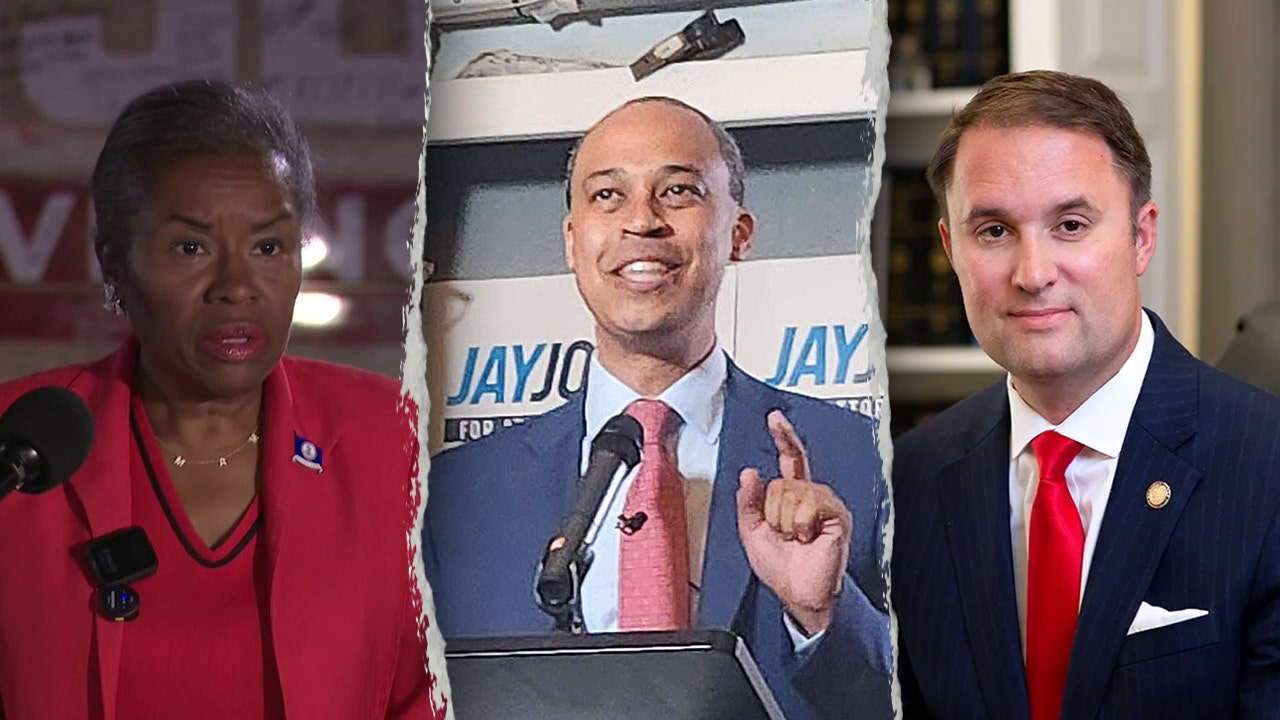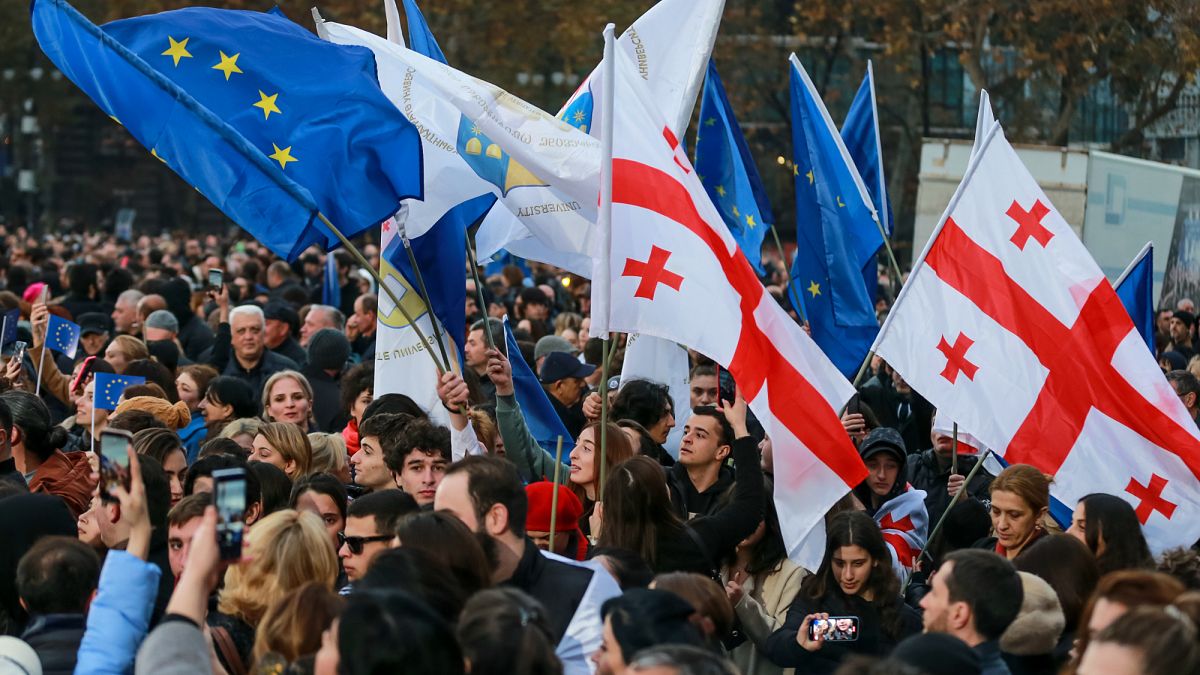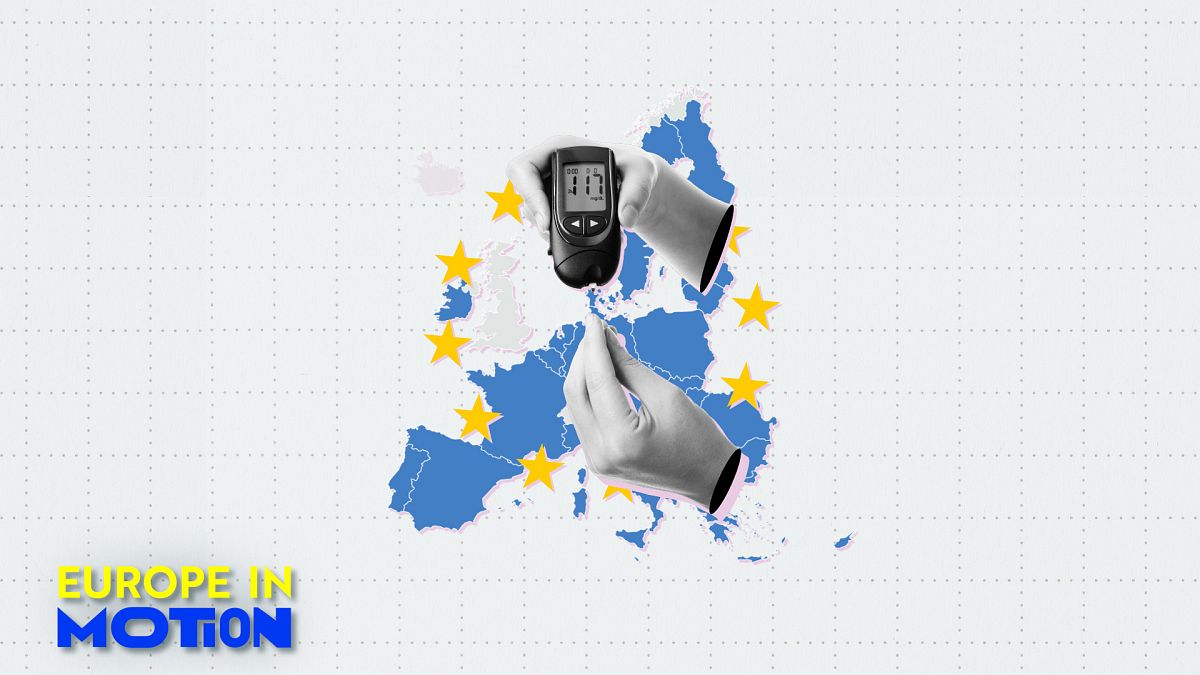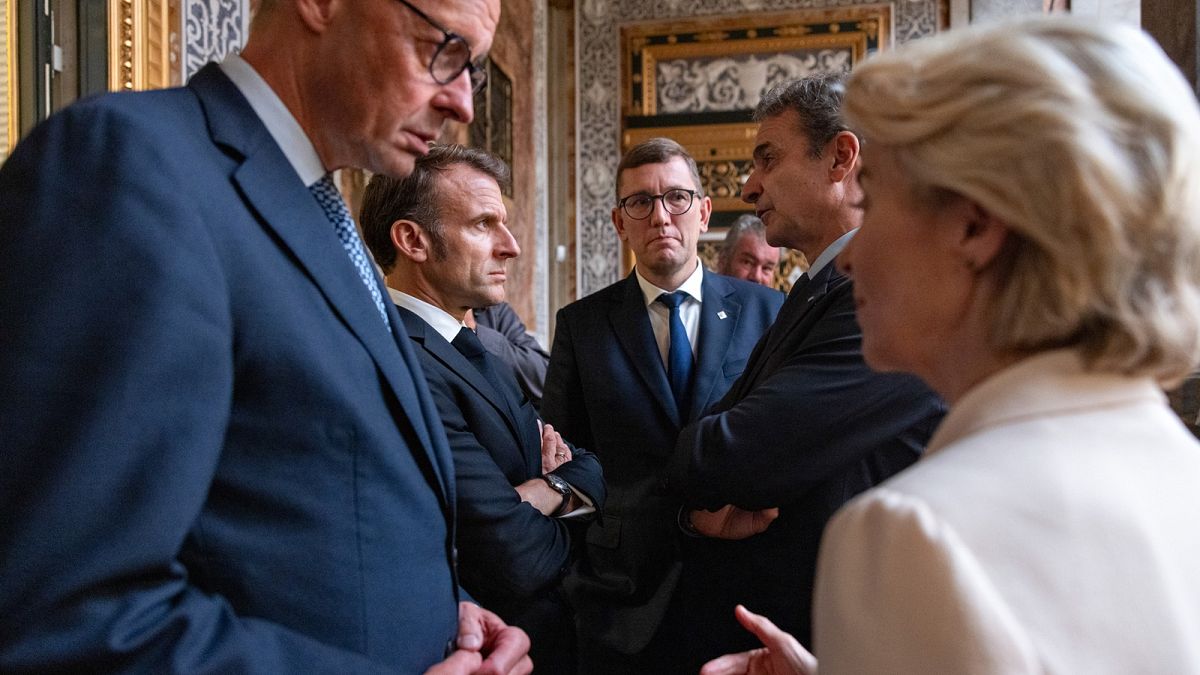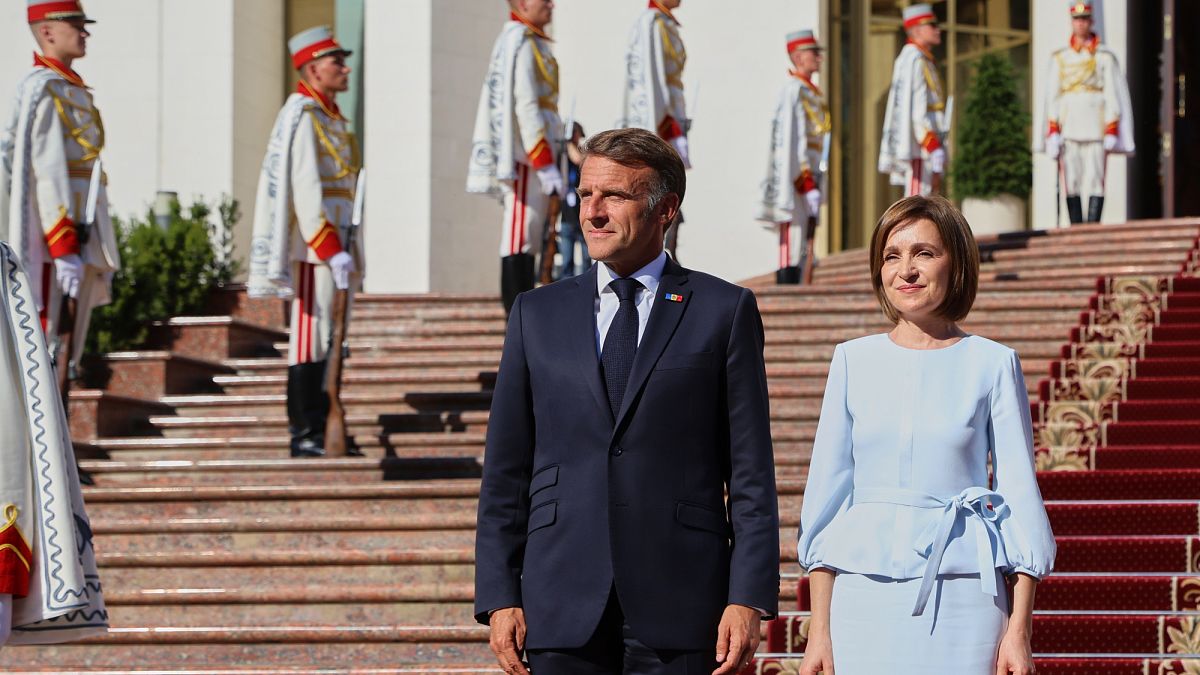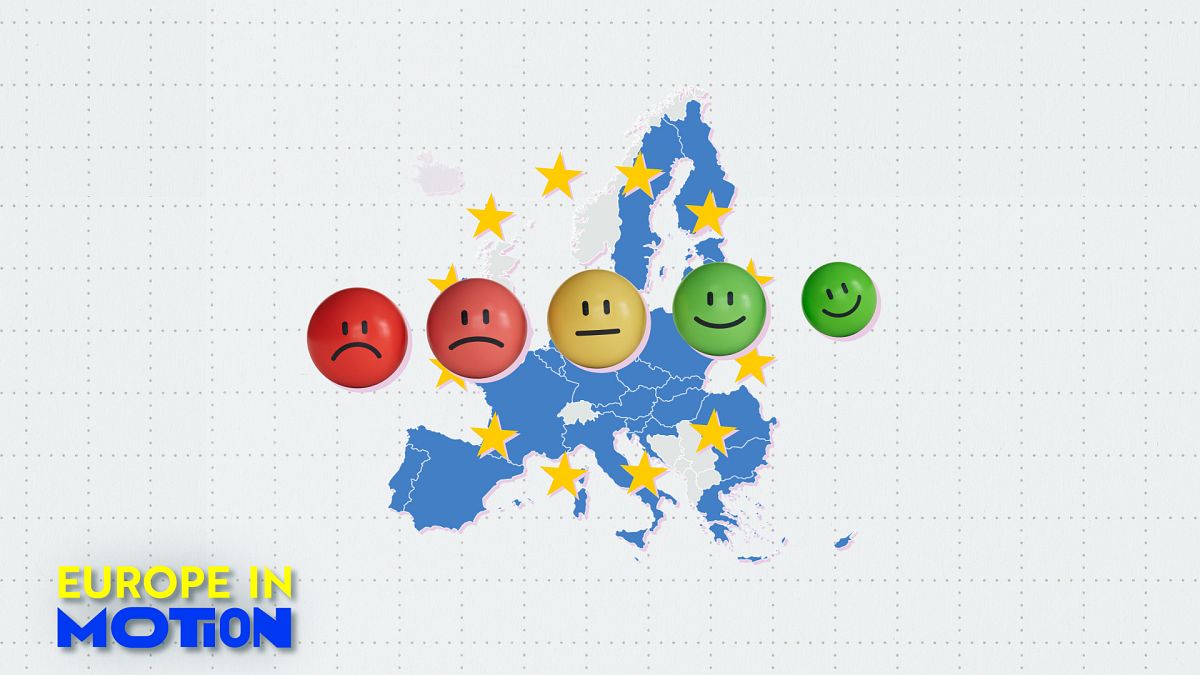ADVERTISEMENT
The new rules aim to protect the editorial independence of journalists, as well as their sources, including against the use of spyware. In the Media Freedom Act (MFA) there are also provisions to ensure the independence of public service media from state interference and to enhance transparency of media ownership.
“At the end of the last decade, two investigative journalists have been killed, Jan Kuciak in Slovakia and Daphne Caruana Galizia in Malta. This was a wake-up call for the European Union that the media freedom was in danger,” says Sandor Zsiros, who covered the legislation for Euronews.
“This was only the tip of the iceberg, because the European Commission saw that media freedom is declining in almost all of the member states due to political pressure, business interests and spyware being used against journalists,” Zsiros added.
The regulation, which was drawn up in 2021 and has been in full force since 8 August, also includes guidelines to protect against the unjustified removal of online content produced by media outlets. This applies to major platforms such as Google, YouTube and social media apps.
The European Parliament broadly supported this legislation, approved last year, and some governments have already begun adapting their national laws. But recently MEPs have warned that some countries are resisting its implementation.
“Member states have had more than a year to update their national laws, but most of them haven’t yet done it. I think it is time for the Commission to show its determination and, if necessary, to initiate proceeding against the most recalcitrant government. It’s a test of credibility,” said Julie Majerczak, head of the Brussels office of Reporters Without Borders.
Countries in the spotlight
The 2025 Rule of Law Report from the European Commission warns of “deteriorating conditions for journalists in several countries”, “smear campaigns by politicians” and “growing risks from highly concentrated media ownership”.
“The most serious breaches have been recorded in Poland and in Hungary, where opposition figures and investigative journalists have been targeted by spyware, they had their phones hacked for political reasons. There have been cases also in Greece and in Spain, but these do not represent a systemic risk,” says Sandor Zsiros.
Under the Media Freedom Act, the use of spyware against journalists is only allowed when there is a threat to the national security.
The above-mentioned report highlights concerns about journalists’ safety in Bulgaria and Malta, and points out that political pressure, including the distribution of state advertising, is a serious concern in Hungary and Romania.
Media ownership lacks transparency chiefly in Bulgaria, Czechia, The Netherlands, Cyprus and Spain, according to the document, which also cites issues with independent media regulation in Hungary, Greece and Poland.
Reporters Without Borders has warned of the risks of the growing concentration of media ownership in a few large corporations and believes the new law brings some positive steps.
“The assessment of mergers will have to take into account a number of criteria such as the expected effect on pluralism and the parties’ interest in other media sectors, the economic viability and the parties’ commitments to editorial independence,” said Julie Majerczak.
Watch the video here!
Journalist: Isabel Marques da Silva
Content production: Pilar Montero López
Video production: Zacharia Vigneron
Graphism: Loredana Dumitru
Editorial coordination: Ana Lázaro Bosch and Jeremy Fleming-Jones


